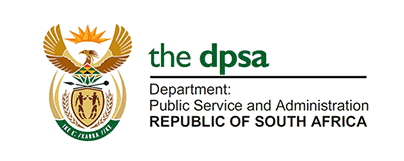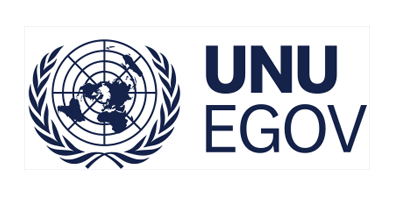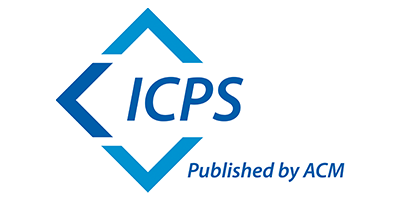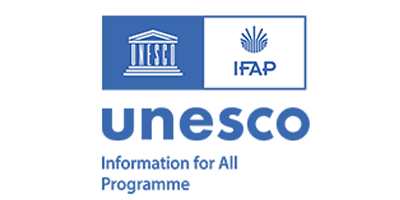Recent developments in digital governance have shown that successful digital transformation requires not just a high level of domestic collaboration but also strong regional, international, and transnational collaborative efforts. Digital governance increasingly involves issues beyond one individual country’s territory due to inevitable data flow and organisational collaborations across borders accelerated by the rapid development in technologies. How to address sovereign states’ concerns on autonomy, cybersecurity, identity management, and interoperability of data and services, while reaping the benefits of international and transnational cooperation has emerged as a prominent topic to be studied in digital governance. The United Nations Secretary-General has strongly and insistently stressed the relevance and unavoidability of pursuing digital cooperation. In the “Roadmap for Digital Cooperation” (June 2020) and “Our Common Agenda” (September 2021), he establishes digital cooperation as a key topic and a mandatory area of action for achieving the SDGs and a better world. This Track brings international and transnational context into the field by including topics such as digital sovereignty, digital diplomacy, digital humanism vis-à-vis cross-border data flows, services interoperability, identity management, cybersecurity, amongst other issues. It also emphasises the unique background of ICEGOV as a conference within the UN system, fostering the adoption of multilateral and collective approaches to address complex realities in the multiple UN Member States.









